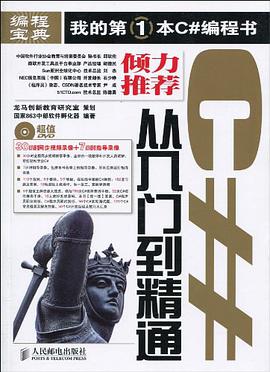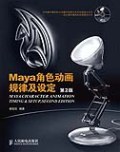

具體描述
The self serves as a universally available, effective, and indispensable filter for making sense of the chaos of the world. In her latest book, Takie Lebra attempts a new understanding of the Japanese self through her unique use of cultural logic. She begins by presenting and elaborating on two models ("opposition logic" and "contingency logic") to examine concepts of self, Japanese and otherwise. Guided by these, she delves into the three layers of the Japanese self, focusing first on the social layer as located in four "zones"--omote (front), uchi (interior), ura (back), and soto (exterior)--and its shifts from zone to zone. New light is shed on these familiar linguistic and spatial categories by introducing the dimension of civility. The book expands the discussion in relation to larger constructions of the inner and cosmological self. Unlike the social self, which views itself in relation to the "other," the inner layer involves a reflexivity in which self communicates with self. While the social self engages in dialogue or trialogue, the inner self communicates through monologue or soliloquy. The cosmological layer, which centers around transcendental beliefs and fantasies, is examined and the analysis supplemented with comments on aesthetics. Throughout Lebra applies her methodology to dozens of Japanese examples and makes relevant comparisons with North American culture and notions of self. Finally, she provides a spirited analysis of critiques of Nihonjinron to reinforce the relevancy of Japanese studies. This volume is the culmination of decades of thinking on self and social relations by one of the most influential scholars in the field. It will prove highly instructive toJapanese and non-Japanese readers alike in a range of disciplines, including anthropology, sociology, and social psychology.
著者簡介
圖書目錄
讀後感
評分
評分
評分
評分
用戶評價
相關圖書
本站所有內容均為互聯網搜索引擎提供的公開搜索信息,本站不存儲任何數據與內容,任何內容與數據均與本站無關,如有需要請聯繫相關搜索引擎包括但不限於百度,google,bing,sogou 等
© 2025 book.quotespace.org All Rights Reserved. 小美書屋 版权所有




















